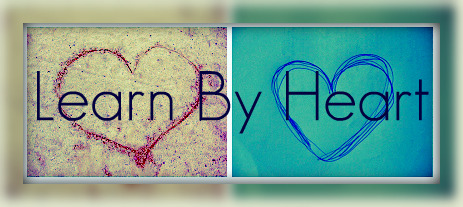Learn By Heart: The Origin of this Common Idiom

Many times, when one memorizes something, it is referred to as "learning by heart." But why is it attributed to the heart and not to the head? It seems to be due to a mistaken analysis of anatomical functions made by the ancient Greeks
The ancient Greeks believed that the heart, the most noticeable internal organ, was the seat of intelligence and memory, as well as emotion. This belief was passed down through the ages and became the basis for the English expression learn by heart.
Learn by heart was used by Chaucer in Troilus and Criseyde (1374), and must have been proverbial long before that.

"To record" reminds us again of this ancient belief in the heart as the seat of the mind. When writing wasn't a simple act, things had to be memorized; thus we have the word record, formed from the Latin re (meaning "again") and cor (meaning "heart"), which means exactly the same as to learn by heart.

 Saturday, August 28, 2010 at 11:42AM | |
Saturday, August 28, 2010 at 11:42AM | |  Email Article
Email Article 
